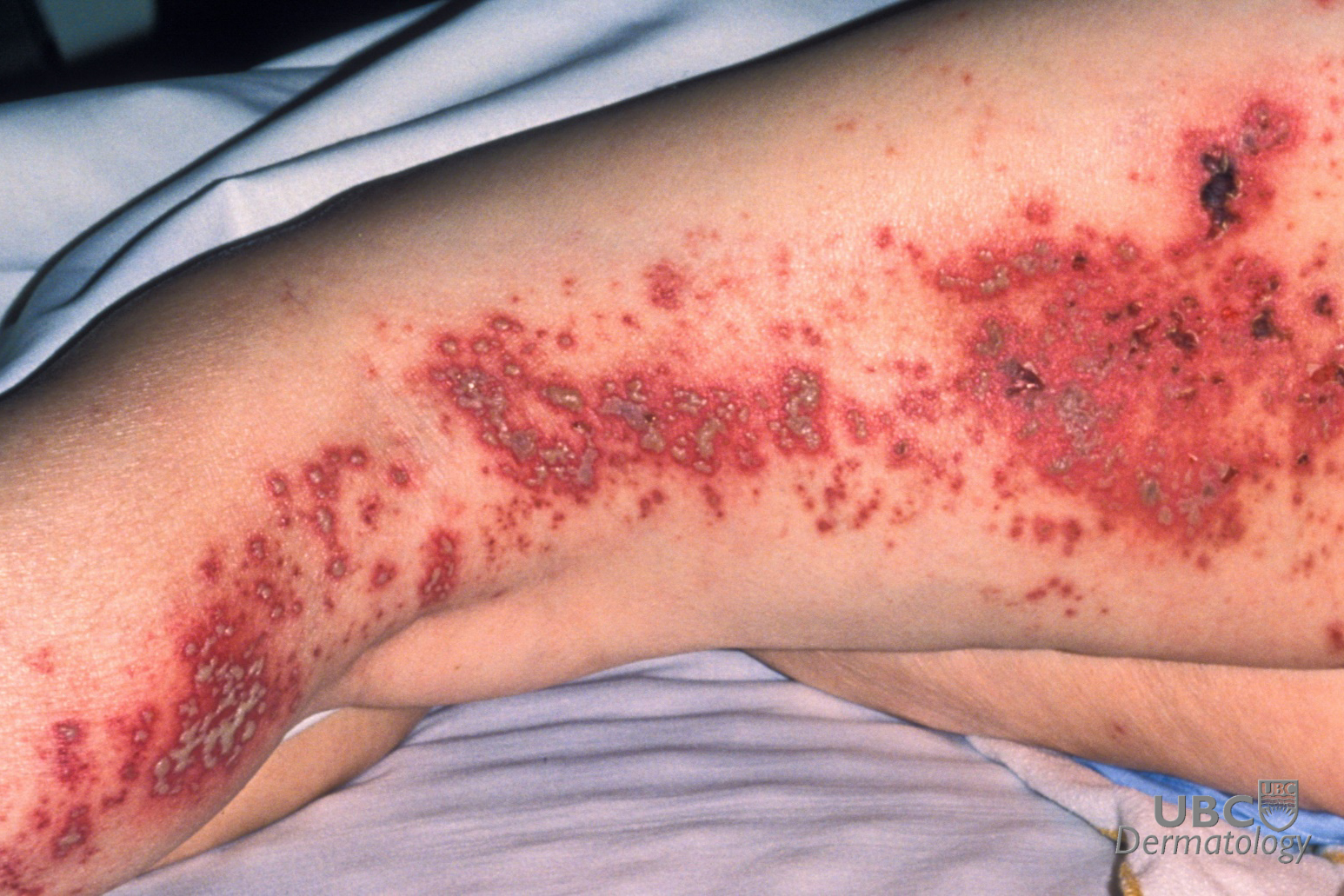The information in this section has been gathered from existing peer-reviewed and other literature
Herpes zoster (HZ) or shingles, is a localized, blistering, painful rash that is caused by reactivation of the varicella zoster virus (VZV). Nearly 1 in 3 Canadians develops shingles in their lifetime.
VZV causes a primary infection (called varicella or chicken pox) and reactivation of latent infection (called HZ or shingles). Anyone who has previously had chicken pox can develop shingles. After chicken pox clears, the VZV hides in some nerve cells of the spine or brain indefinitely. The virus can get reactivated at this site in the nerve when the immune system gets weaker, such as through aging or among those taking immunosuppressive medications. Older age is the main risk factor for shingles as over two-thirds of cases occur among individuals over 50 years of age.
VZV can be spread from a person with active shingles to an unimmunized individual who has never had chickenpox, however you cannot catch shingles directly. The transmission of virus can occur by direct contact with localized skin lesions, or by the airborne route.












